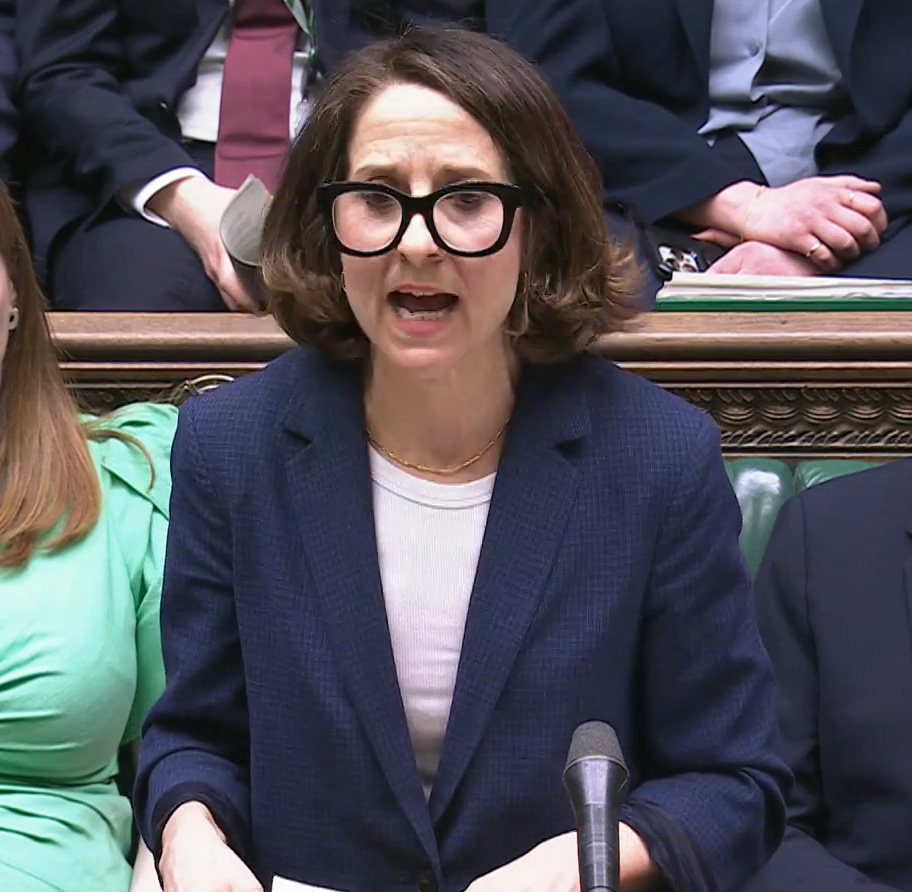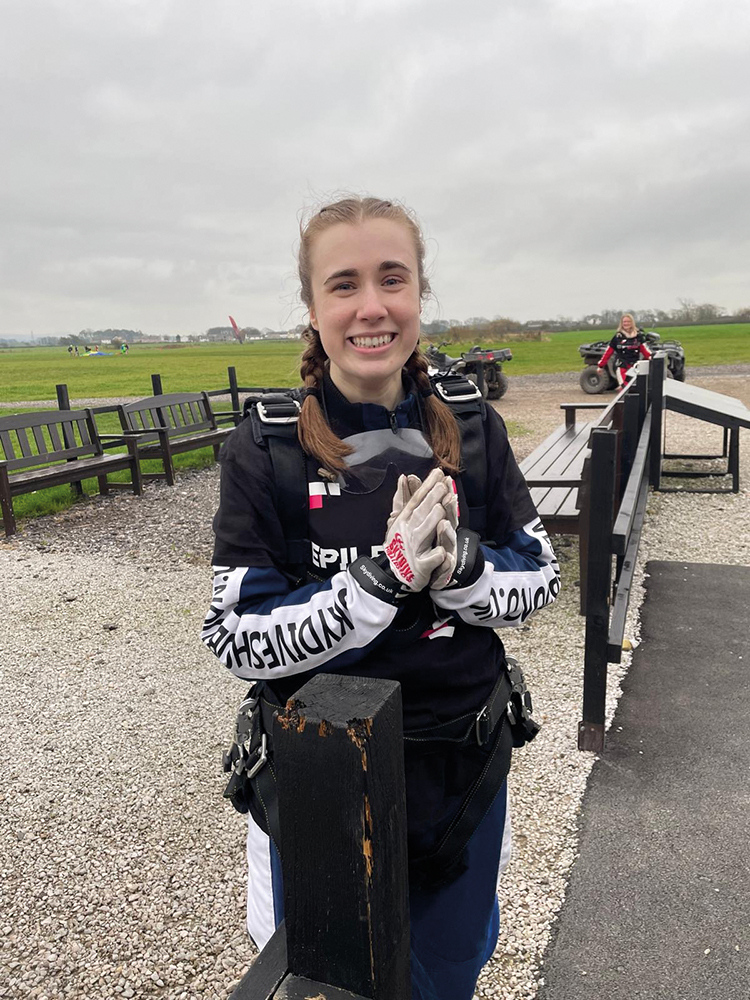 Epilepsy Action attended the UK parliament this week to talk about the importance of access to epilepsy technology.
Epilepsy Action attended the UK parliament this week to talk about the importance of access to epilepsy technology.
The Medical Technology Group’s MedTech Awareness Week reception was held on 4 December, at the House of Commons and hosted by Steve Brine MP, chair of the Health and Social Care Select Committee.
Health improvement and research manager Tom Shillito and volunteer Murray Goulder represented Epilepsy Action at the event.
Tom and Murray spoke to attendees about how important access to epilepsy technology is, why there should be more NHS funding for it and why access through the NHS should be quicker and easier.
Murray was fitted was a SubQ implant last year. The implant comprises a device under his skin that measures the patterns and frequency of his seizures and a recorder to save the data for his doctors.
Speaking to Epilepsy Action in May 2022, Murray said: “The SubQ has become part of me now. It doesn’t feel like it’s there anymore. To think there’s a 10cm wire running the length of my temporal lobe, yet it’s invisible and taking in all that information, 24 hours a day. To anyone else, the wire looks like it could be connected to my headphones when I’m listening to my music. It really isn’t noticeable and looks like I’m wearing some futuristic MP3 player.”
Other speakers at the event included Chris Hopson, chief strategy officer for NHS England; Dr Sam Roberts, chief executive of the National Institute for Health and Care Excellence (NICE) and Medical Technology Group chair Barbara Harpham.
The theme of the event was “the importance of empowering patients to make informed decisions about their care”.
 Tom said: “Medical technology can be life-changing for people with epilepsy, however it is often not funded through the NHS or social care. Access to the few technologies that are funded can be very limited, with complicated routes to access and very long waiting times.
Tom said: “Medical technology can be life-changing for people with epilepsy, however it is often not funded through the NHS or social care. Access to the few technologies that are funded can be very limited, with complicated routes to access and very long waiting times.
“Many medical technologies can help people with epilepsy live longer, happier, more independent lives. There is also a vibrant research community focussed on creating new technologies, such as seizure prediction devices and algorithms, better brain scans, video monitoring for sleep seizures, and new surgical techniques.
“These technologies can reduce hospitalisations, improve safety and provide better self-management for people with epilepsy. This will reduce both the cost and burden on the NHS.
“This technology needs to be easily available to the people who need it. Neurology services need more investment, to ensure people are able to see an expert who can refer them for whichever treatment is most appropriate for them. Research into new technology also needs to be supported, to make the available options more effective, less intrusive and cheaper.”
Other organisations attending included Kidney Care UK, Colostomy UK and US-based technology firm Zimmer Biomet.
More articles



